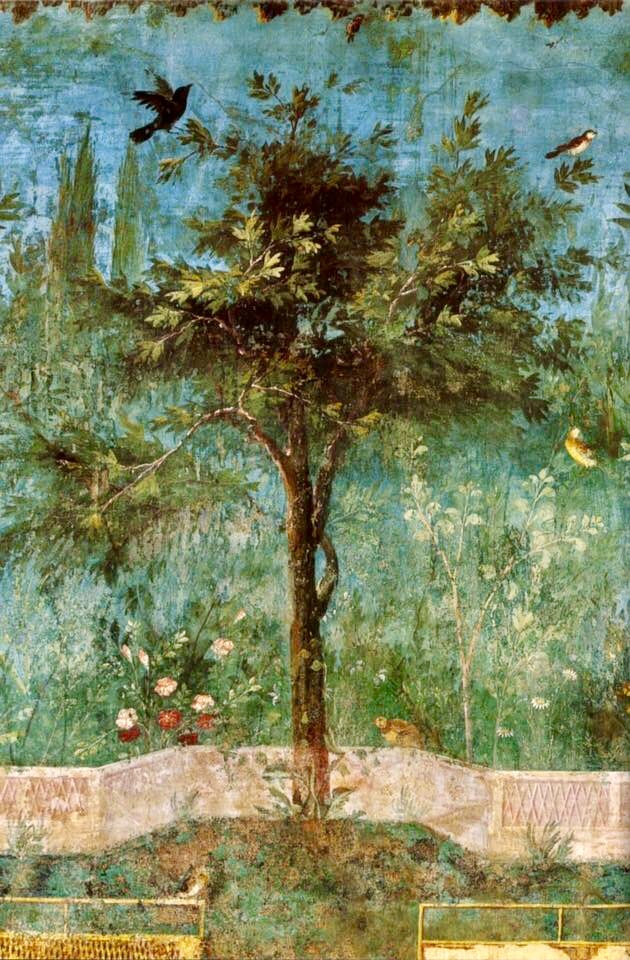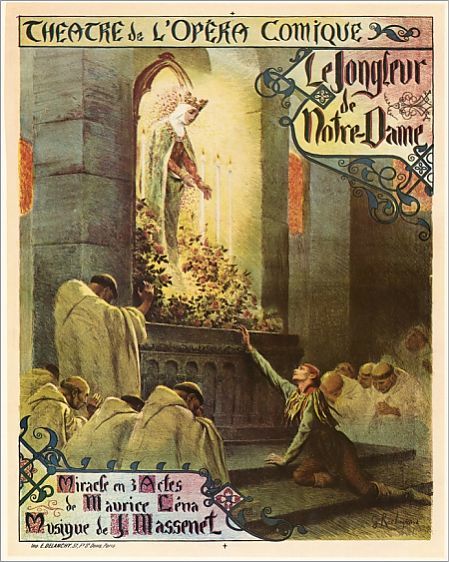“Over the years, I have come to realize that the greatest trap in our life is not success, popularity, or power, but self-rejection. Success, popularity, and power can indeed present a great temptation, but their seductive quality often comes from the way they are part of the much larger temptation to self-rejection. When we have come to believe in the voices that call us worthless and unlovable, then success, popularity, and power are easily perceived as attractive solutions. The real trap, however, is self-rejection… Self-rejection is the greatest enemy of the spiritual life because it contradicts the sacred voice that calls us the “Beloved.” Being the Beloved constitutes the core truth of our existence.”
Henri Nouwen, Life of the Beloved
We live in a society which tells us that human beings do not have intrinsic worth.
Some people are regarded as of more worth than others, and some people have no perceived worth at all.
Our worth, in this society, is measured by all kinds of gauges, ranging from the vapid to what may appear to have substance. At different times we are judged by our beauty, our wealth, our achievements, our careers or field of endeavour, our intelligence, our usefulness to others, and even our moral qualities as people. Sometimes, when an admired person dies or is killed, people will say, “How terrible to lose him, of all people!” implying, or even adding, “It should have been some useless person instead.”
We are judged, not for who we are, but for what we do.
But the truth is, all people are of equal worth, no matter what. Worth is inherent. A good person is of no greater worth in the eyes of God than a bad one. Our dignity as human beings is inalienable. We cannot lose it—not through injury or illness, not through age or dependance, not through failure or incapacity of whatever kind, and not even through bad actions.
Good actions are, of course, good! But if we feel worthless, or not intrinsically worthy, and act out of a desire to prove to ourselves, or others, that we are somehow useful or worthwhile or worthy of love, that hole in our hearts—that sense of unworthiness, that self-rejection—will only grow larger. In effect, we are trying to fill it with the wrong thing.
The only thing that can fill that hole is our own self-acceptance; our own belief that we are already of worth, and that our worth will be the same no matter what we do. Our value will be no greater in success, no less in failure.
There is a humility in accepting this proposition, because it requires a kind of “downward mobility”—an admission that nothing I can ever do will make me better than anybody else. But believing this also takes more genuine self-esteem than the vast majority of people can probably muster for themselves, because it requires accepting that you are already good enough, no better and no worse than any other human being.
I am loved and accepted—at least by God—just as I am.
Our sense of belonging, of acceptance, of being, as Henri Nouwen puts it, God’s “Beloved”, is where we must start from, where we must continually return.
Then all our actions will have integrity;
then we will work and create and live and even love with joy—
because we will be reaching out into the world from the right inner place.
 Watercolour by Henry Thompson
Watercolour by Henry Thompson

 Watercolour by Henry Thompson
Watercolour by Henry Thompson

 Edith Piaf, the great diva of love, had a lifelong devotion to Thérèse of Lisieux—very much the saint of love—who is said to have promised, on her deathbed at the age of 24, that she would let fall a shower of rose petals from heaven after she died. Her imagery was drawn from the Feast of Corpus Christi, her favourite as a child.
Edith Piaf, the great diva of love, had a lifelong devotion to Thérèse of Lisieux—very much the saint of love—who is said to have promised, on her deathbed at the age of 24, that she would let fall a shower of rose petals from heaven after she died. Her imagery was drawn from the Feast of Corpus Christi, her favourite as a child. Watercolour by Henry Thompson
Watercolour by Henry Thompson
 Radical tea towels by The Radical Tea Towel Company
Radical tea towels by The Radical Tea Towel Company
